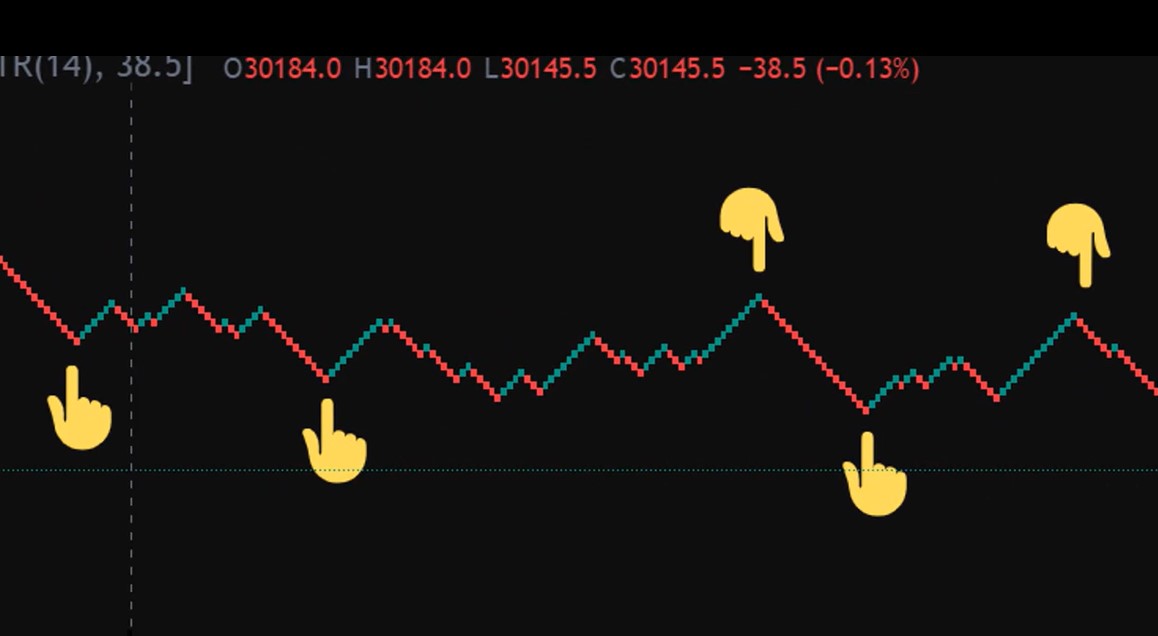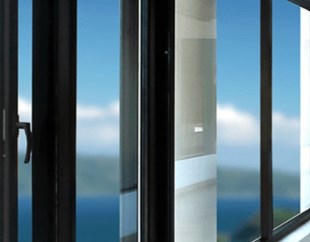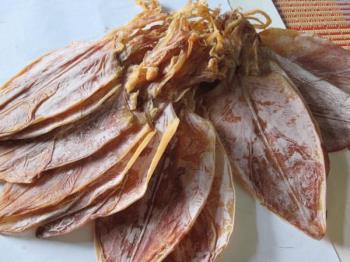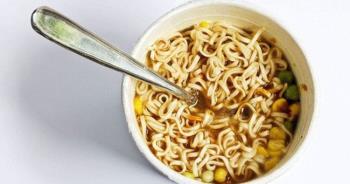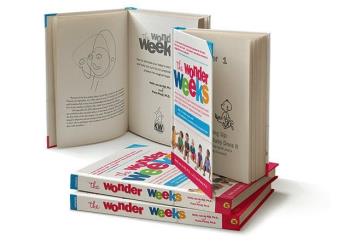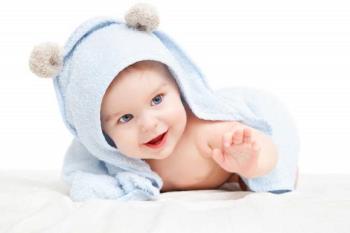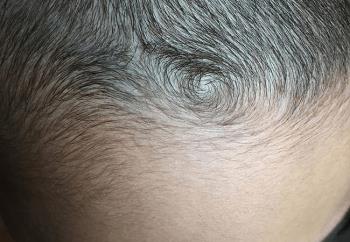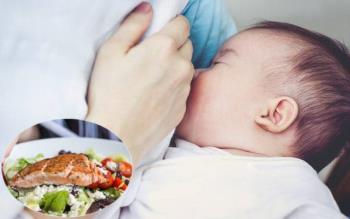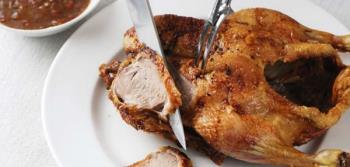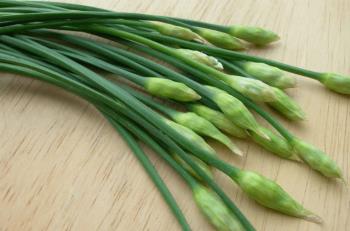What is the correct way to clean the nose for a baby scientifically to protect the baby's airway and keep the baby healthy?
Young children, especially infants with weak immunity often catch colds because this is the period when their body begins to build immunity to the common virus. Therefore, the baby is very susceptible to diseases of the nose and throat, especially when the weather changes suddenly. To prevent respiratory diseases, mothers need to pay attention to clean the baby's nose when they see signs of a runny or stuffy nose.

Nasal hygiene for newborn babies is simple but needs the right way
How to clean the nose for a newborn baby?
One of the simplest but most effective ways to clean the nose for a newborn is using saline. Physiological saline will help moisten the nasal mucosa, dilute phlegm, loosen phlegm if your baby has severe rhinitis. In addition, you can also use other nasal cleaning solutions or use a nasal suction device such as a rubber tube or a nasal suction machine.
Method of cleaning the nose for babies with normal saline
To clean the baby's nose with normal saline, the mother just needs to put the baby on his side so that the baby's head is slightly tilted. Note to let the baby lie with a low head, high buttocks, put one hand on the baby's head and hold lightly to avoid struggling, which can cause damage during the washing of the nose.
Slowly put 2-3 drops of saline solution into one side of the baby's nostril so that the runny nose is flowing from the other nose and pulling mucus and bacteria along. Then gently repeat with the other nostril. Use a soft, clean bucket towel to wipe your baby's nose after cleaning. Physiological saline is very safe and does not cause side effects, so mothers can safely use them for their babies.
If mothers choose other nasal cleaning solutions, it should be noted that choosing the right one is suitable for the child's age. Specifically, if the baby is under 3 to 6 months old, mothers can choose isotonic solutions (the same concentration of salt as the body liquid) because it is very gentle.
If the baby is a little older, mother can use a hygienic solution containing hypertonic (with a higher concentration of salt than the body fluids). However, consult your doctor or pharmacist before using these nasal cleaning solutions. Safer is still physiological saline.
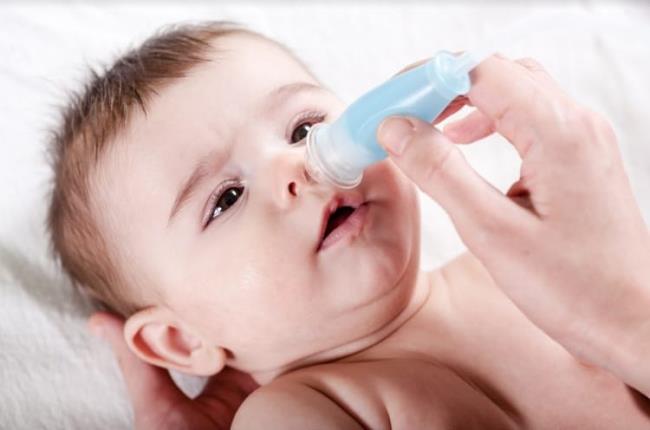
Nasal hygiene for newborn babies is simple but needs the right way
Clean the newborn baby's nose to treat nasal congestion
When your baby has flu, cold, allergic rhinitis ... his nasal cavity is often blocked by mucus blocking, narrowing the way of air movement, making breathing difficult. This often makes children uncomfortable because they have not learned to breathe through their mouth at this stage.
A stuffy nose rarely causes a runny nose, but the baby will have trouble sleeping and eating. Some of these symptoms can be accompanied by a stuffy nose: cough, sneezing, runny nose, heavy breathing or fever (if the child has a respiratory infection). Therefore, washing a newborn baby's nose can significantly reduce the symptoms of stuffy nose to make the baby feel more comfortable.
If the baby's nasal discharge is thick, the mother can perform nasal suction. How to clean a newborn's nose in this case is: After dripping saline or cleaning solution into the baby's nose, wait about 2-3 minutes, then use a nasal suction device to gently suck the mucus in 2 nostrils. You can repeat this action to treat your child's stuffy nose, but not more than 3 times / day.
Note how to clean the baby's nose: Mom does not use her mouth to suck the baby's nose because it can cause the baby to infection.
How to wash a newborn baby's nose with saline
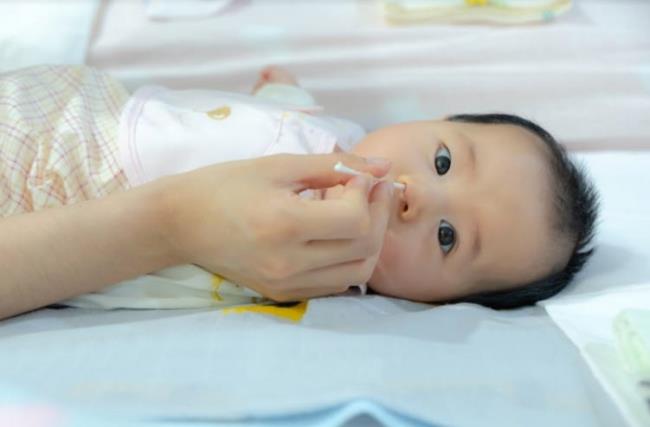
Nasal hygiene for newborn babies is simple but needs the right way
Because the baby's nasal mucosa is still immature, mothers need to choose a saline solution that meets safety standards, it is best to use a specialized physiological saline, which is sterile and does not contain preservatives.
The most suitable physiological saline for babies is sodium chloride brine, which is prepared at the rate of 0.9%, that is, 1 liter of water with 9 grams of pure salt, is a solution with osmotic pressure approximating to solutions in the human body.
Many mothers misunderstand that using physiological saline to wash the baby's nose regularly is harmless, using as much as possible. However, mothers should only wash their nose when the baby shows signs of rhinitis. Do not abuse the nasal wash will lose the natural mucus in the nasal cavity, making the nasal mucosa dry, more susceptible to infection, and even atrophy of the nasal mucosa, affecting breathing function, smell .
Mom should choose to buy physiological saline jars just swirl the lid, the small head is made ready, and smooth so that when she is small, she does not scratch the baby's nose or hurt her.
You should warm soak the saline nasal drops before washing your baby's nose. However, do not overheat as the baby's skin is very thin and sensitive.
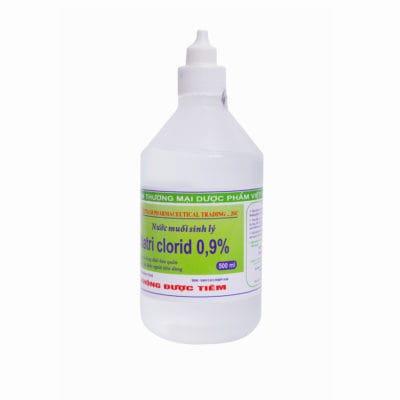
How to use normal saline to clean the nose for a newborn - Photo: Bibo mart
This should be done before eating to avoid vomiting
Wash the nose while the child is awake, because when the child opens his or her mouth, the runny nose does not enter the throat.
If you have a habit of using a syringe to pump saline to wash your baby's nose, stop this immediately because this can scratch or scratch your child's nasal lining.
Taking care of a newborn baby requires the mother to be careful in everything. Even as simple as cleaning the nose, there is a need for a method. Hope the above information will help mothers take care of their children in the most scientific way. Wish your baby is always happy and healthy!
See more:
How to take care of a newborn when the seasons are most effective for mothers
The Golden Benefits of Delayed Umbilical Cord Cutters Mothers often miss!
Are you sure you understand how to clean the nose for babies, helping your child's nose to breathe easier?





